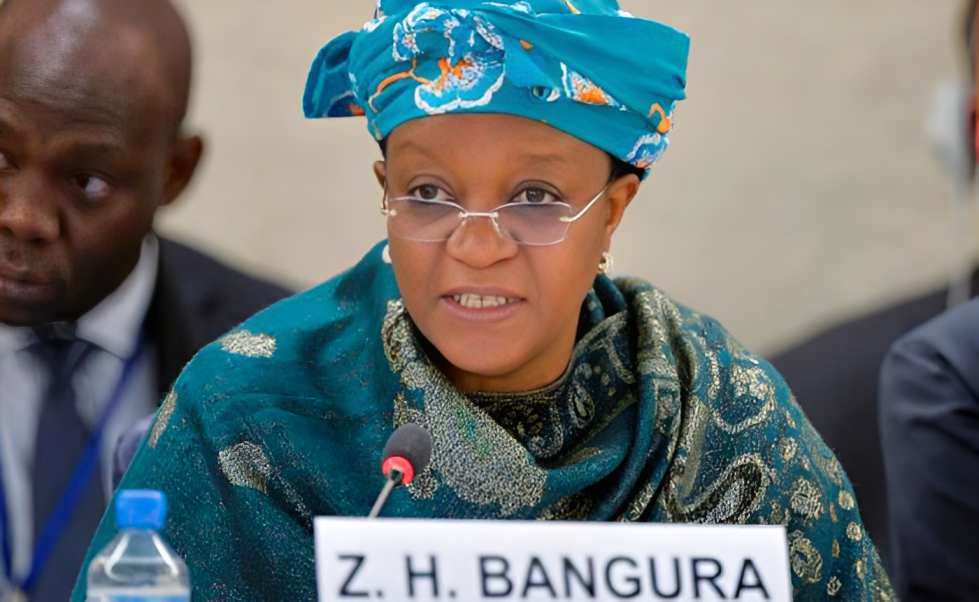Fake UN job and procurement offers trap unsuspecting Kenyans

UN Under-Secretary-General and Director-General of UNON, Zainab Bangura, said fraudsters are increasingly using social media platforms such as WhatsApp and Telegram, as well as face-to-face encounters, to lure unsuspecting victims.
The United Nations Office at Nairobi (UNON) has sounded the alarm over a surge in fraudulent schemes exploiting its name, with scammers targeting Kenyans with fake job offers and procurement contracts linked to the expected relocation of more UN staff to the country.
UN Under-Secretary-General and Director-General of UNON, Zainab Bangura, said fraudsters are increasingly using social media platforms such as WhatsApp and Telegram, as well as face-to-face encounters, to lure unsuspecting victims.
Many are being asked to pay money in exchange for non-existent UN jobs or contracts.
Bangura described the situation as “a very challenging” problem for the organization.
“I would like to alert the public that the UN is aware of fraudulent activities using the UN logo and the name of UNON to target people,” she said.
“These scams [are being] fueled by talk of the UN moving more operations to Nairobi, and they [are] mainly spread through verbal promises and social media, including WhatsApp and Telegram, falsely offering UN jobs or procurement deals.”
She revealed that some victims have even gone as far as presenting forged appointment or contract letters at the UNON headquarters in Gigiri, only to discover later that they had lost large sums of money to conmen.
“Because of the high unemployment rate, some individuals are taking advantage by saying: ‘Give me 5,000, 10,000, 20,000 shillings and I’ll make sure you get a UN job when operations move to Nairobi.’ This [is] a scam,” Bangura stressed.
Bangura reiterated that all recruitment and procurement is carried out strictly through official UN platforms and at no cost.
“If somebody asks you for money to secure a UN contract or job, it is not possible,” she warned.
Peter Marshall, the UN’s Principal Security Adviser for Kenya and Eritrea with the Department of Safety and Security (UNDSS), confirmed that such scams are spreading rapidly.
“We’ve had about five or six cases in the past month alone. Almost every week we receive one or two new reports,” Marshall said, adding that the rise in cases is closely tied to the anticipated relocation of UN staff to Nairobi.
He noted that scammers are not only preying on job seekers but also targeting business people. A recent case involved a victim in Kiambu who was duped with the promise of a UN catering contract.
“If it involves paying money, it is a scam. The UN does not charge for recruitment or procurement—there is no cost at all,” Marshall emphasized.
To address the issue, UNON and UNDSS said they are working with Kenyan security agencies, including the Diplomatic Police Unit and the Directorate of Criminal Investigations (DCI), to trace and arrest the perpetrators.
The UN has urged Kenyans to remain vigilant, verify all opportunities through official UN websites, and report suspected fraud to the police or the DCI.
